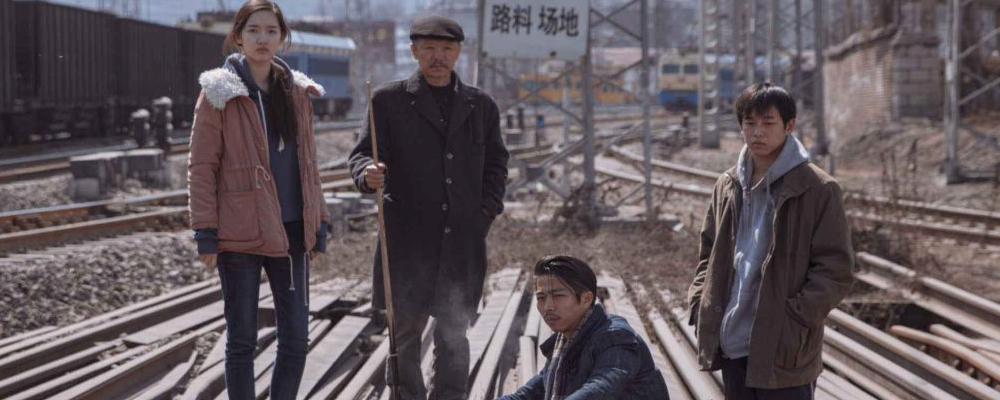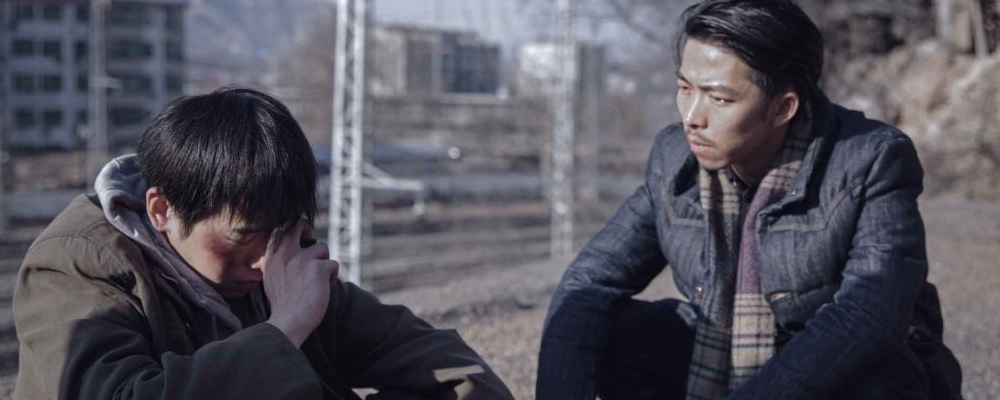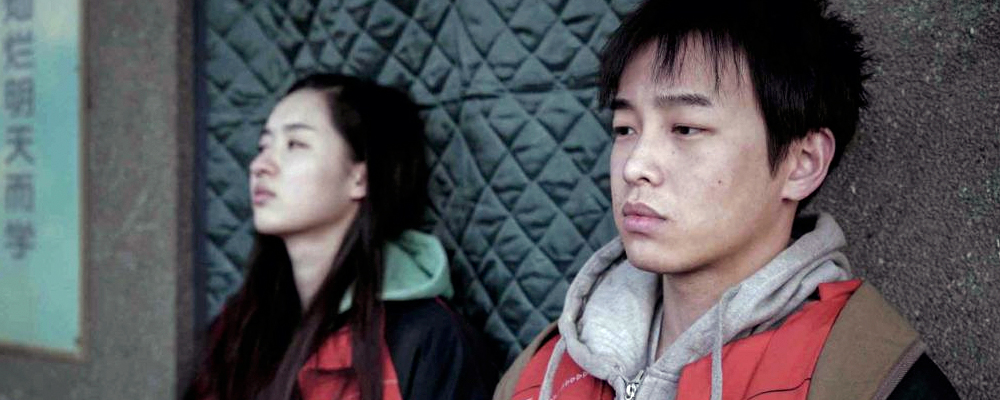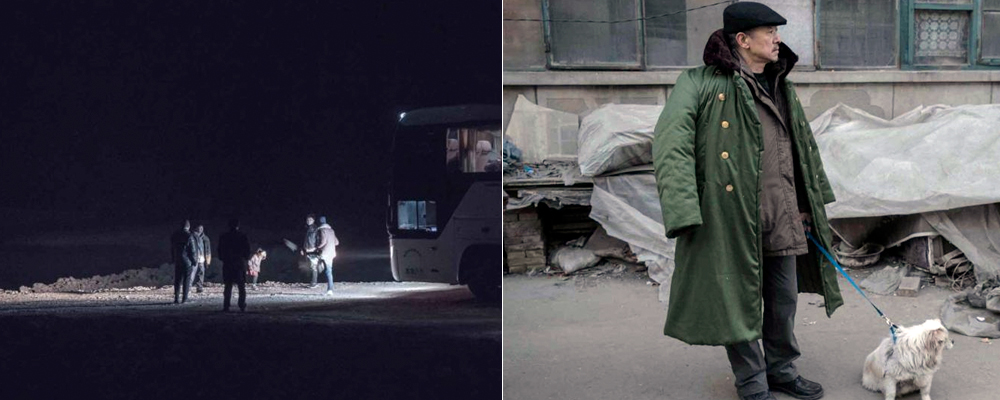‘An Elephant Sitting Still’ Is a Bleak Vision of Life Without Hope
Michael Amundsen
In 2017, novelist-turned-director Hu Bo wrote, directed and edited (under the name of Hu Qian) a four hour drama following the lives of a handful of unexceptional Chinese proletariats and their burdened existence in China’s hopeless Hebei province, a factory town south of Beijing. Shortly after its completion, Hu Bo took his own life. He was 29. “An Elephant Sitting Still” is his first and only feature film.
Its title is derived from a story they tell each other about an elephant in the northern city of Manzhouli. It is said that this elephant sits all day long ignoring the many local populace that come to see it. Most just stare and talk among themselves. Some try prodding the pachyderm with forks, but to no avail. Wei Bu (Peng Yuchang) is a despondent high school student fixated on escaping his hopeless existence and going to Manzhouli.
Escape takes on greater significance when he accidently causes a death of another student, a dull-witted bully by the name of Yu Shuai (Zhang Xiaolong). Yu Shuai’s brother, a local hood by the name of Yu Cheng (Zhang Yu), is duty bound by family honor to pursue and severely punish Wei Bu.
“An Elephant Sitting Still” is epic in its portrayal of the banality of despair. Big vengeful brother Yu Cheng struggles with his own guilt. His best friend recently jumped from his apartment building having witnessed Yu Cheng having sex with his wife.
Everyone in this gray factory town suffers from stunted emotions and repressed empathy. Wei Bu’s family argues constantly as his unemployed dad steals from his son’s savings. Wei Bu’s romantic interest Huang Ling (Wang Yuwen) has escaped to the arms of the high school vice principal Dean (Xiang Rongdong). A cell phone video of their tryst threatens to make its way on the Internet.
Meanwhile, grandfather Wang Jin (Li Congxi) is pressured by his daughter and son-in-law to move into a rest home, which would leave more room for his granddaughter (Kong Yixin ) and increase her chances for a good school. His only true companion, a little white dog, dies from the attack of a wild and bigger white dog.
Charity is not an operative word in this community. Interpersonal brutality exists close to the surface. The vice principal Dean stomps on students’ hopes with predictions of their future as street venders. The killer dog’s owner refuses responsibility and repeatedly knocks Wei Bu to the ground. A smile is never seen. A kind word is never spoken. And most scenes end with a lecture on the meaninglessness of life and the agony of existence. Yet it is a fast 3 hours and 50 minutes. The intertwining storylines are suspenseful and compellingly told. Hu Bo was a masterful director who left unanswered the question of how much his talent and vision could have accomplished.
The cinematography by Fan Chao is under lit, leaving faces in blue tinted shadows. It is intimate and honest. Often the foreground is sharp while important background action is left unfocused, carrying on its own parallel narrative. Violent moments like the dog attack and the friend’s suicide happen off-screen while the camera remains on whoever is witness to the tragedy. The lens stays close and studies the emotional reaction of the director’s target, regardless of who speaks. And those reactions are so well studied that they communicate everything one needs to understand about what is going on in that scene.
The performances by the large ensemble cast are uniformly devastating. Zhang Yu’s portrayal of the conflicted older brother stands out as equally menacing and sympathetic. Peng Yuchang’s portrayal of Wei Bu may be the soul of an otherwise soulless movie, but Zhang Yu is its heart.
“An Elephant Sitting Still” can be thematically repetitious with its despairing pessimism, but there is a stunning beauty in its melancholic intimacy. It has images and performances that remind one of how remarkable the majesty of human life can be, even at its most despondent.
“An Elephant Sitting Still” opens March 8 in select theaters.




